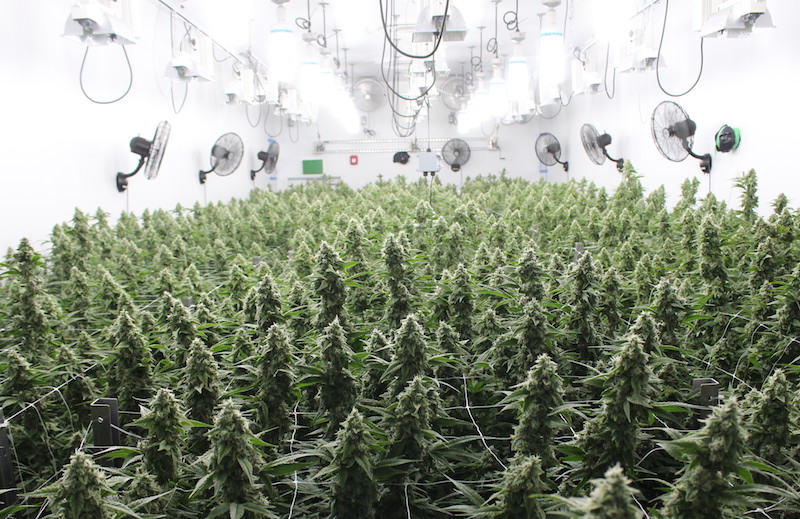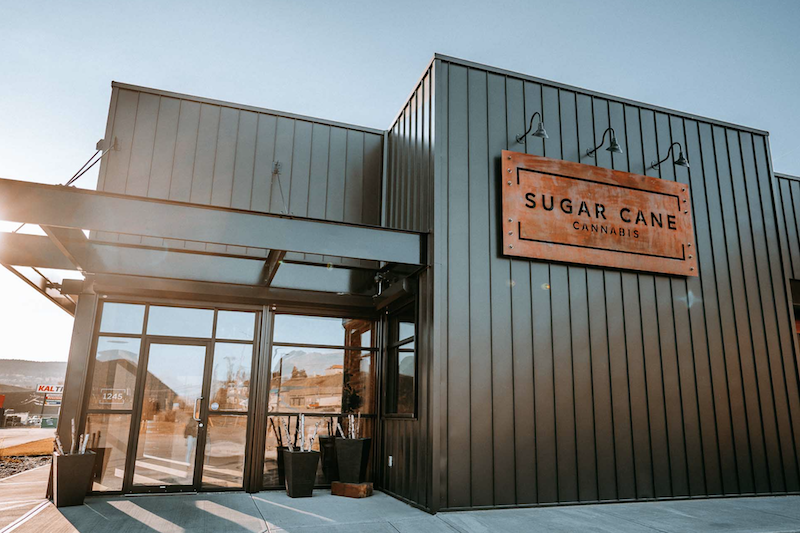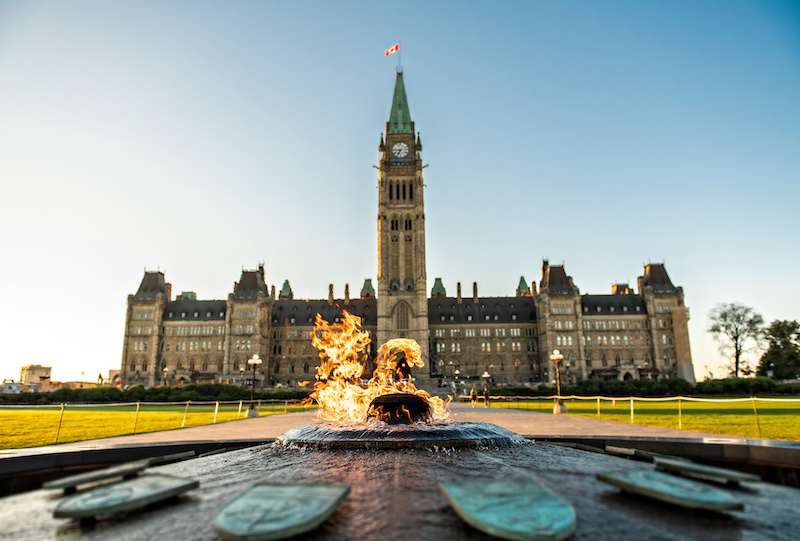Features
2022 in the weeds: High-level look at the year in cannabis
Published on December 23, 2022 by David Wylie
 Photo: David Wylie/the oz.
Photo: David Wylie/the oz. Here are some of our high-level reflections on how 2022 has sculpted the current cannabis landscape and how it will continue to shape cannabis this year.
Farmgate tourism ready to go
The first cannabis farmgate in BC opened in Williams Lake at Sugar Cane Cannabis under a special agreement between BC and the Williams Lake First Nation.
Soon you’ll have a variety of cannabis growers you can visit throughout BC. You’ll be able to check out their digs and leave with some of their weed.
The application process in BC is now open to all cultivators who are interested in hosting visitors. Some producers are ready to jump in with both feet. Yet there is some hesitation from those who aren’t sure whether the cost will be worth the payoff.
Cannabis tourism has lots of room to grow in the mainstream. BC is currently exploring the possibility of allowing cannabis consumption spaces.
 Photo: Contributed
Photo: Contributed Indigenous in cannabis
A growing number of Indigenous communities are joining the regulated market.
Government-to-government deals are helping First Nations communities create their own custom entry into the legal market. So far BC has signed more than half a dozen agreements under the provincial Section 119 provision.
At the end of the year the province announced that up to $7.5 million will be available for the next few years through a joint program from the federal government and the province of BC to help Indigenous cannabis businesses get into the legal space.
The $60-an-ounce shops on First Nations land will still be around, but more and more growers and Indigenous entrepreneur will access the regulated market using the tools, mentorship, grant money, and other incentives being made available.
 Photo: Adobe Stock/the oz.
Photo: Adobe Stock/the oz. Retail roulette as stores struggle to survive
There are now 454 licensed cannabis stores throughout BC, plus 35 provincial BC Cannabis Stores brick-and-mortar locations. (There are 20 private stores in Kelowna, as well as one BCCS location.)
Not everyone is surviving. Few are thriving.
A spate of stores have been shutting down, selling, or simply not opening up despite having a licence. Major chains are suffering.
Cited reasons include: too many stores, too much tax, overregulation.
This trend is expected to continue, with the current recession not showing signs of letting up, high interest rates putting pressure on those who borrowed money to open their business, and major chains undercutting mom and pop pot shops.
 Photo: Adobe Stock/the oz.
Photo: Adobe Stock/the oz. Corporations conglomerate
Newswire services were littered in 2022 with announcements and updates on mergers and acquisitions.
Cashflow became increasingly problematic throughout the year for many companies, especially those carrying a heavy debt load.
Corporate giants with cash on hand and significant market cap gobbled up struggling and smaller brands at an increasingly frantic pace, creating an industrial cannabis structure similar to more mature consumer packaged segments.
In order to compete at a larger scale, smaller companies found their own ways to grow, including through co-ops and private partnerships.
Meanwhile, many more micro-cultivators have come into the market and are trying to find their own foothold, no matter how small and niche. These ankle bitters will play an increasingly active and organized role over the next few years.

Rules blowing in the wind
Approaching the five-year anniversary of Canadian cannabis legalization, rules remain a work in progress.
Federally, a panel of experts now reviewing the Cannabis Act will hear from all kinds of people and stakeholders throughout 2023—some of the feedback not so nice. Their report isn’t due until 2024, so don’t expect any changes for a while.
Many of the laws and policies that affect us at the consumer level are in the hands of the provinces (and they could benefit from review).
Despite their flaws, Canadian laws are a framework that other countries, such as Germany, are looking at as they draft their own recreational and/or medical cannabis legislation.
The biggest impact to Canada would come from federal legalization in the US, which struggles with a patchwork of state-by-state-by-state laws. The majority of Americans support legalization.
Leave a comment on our Facebook page.
© Copyright 2022 Okanagan Z. | About the oz.
Report a Typo or Inaccuracy
We strive to avoid typos and inaccuracies. However, on occasion we make mistakes. We value your contributions and help in correcting them.